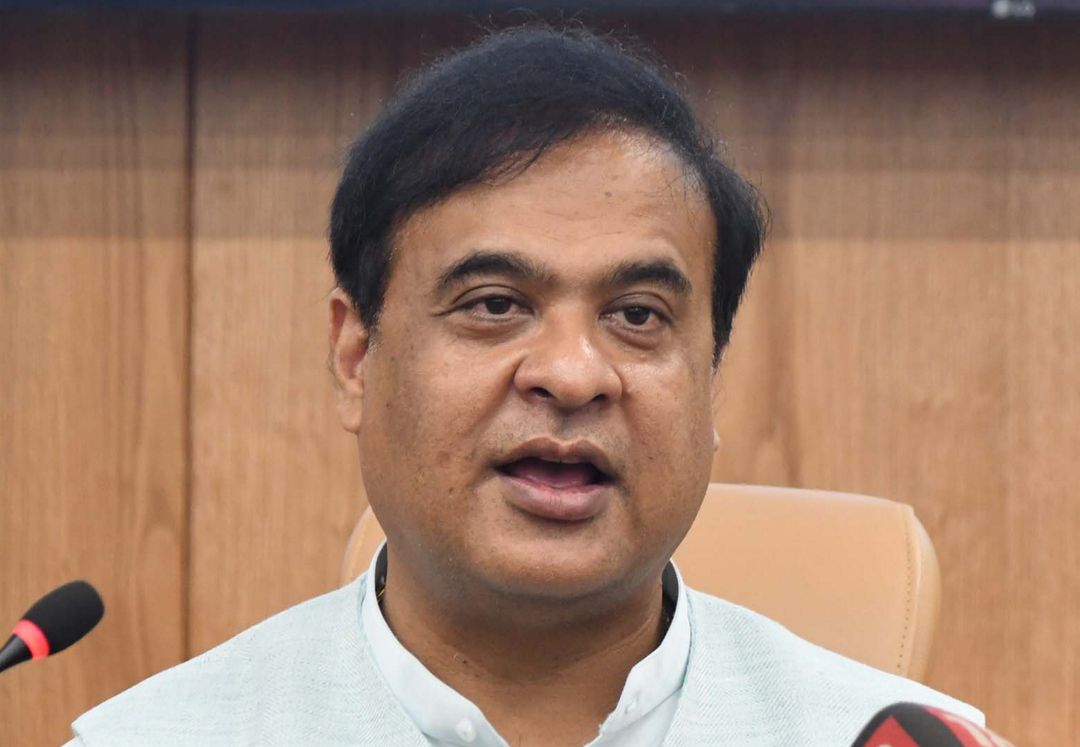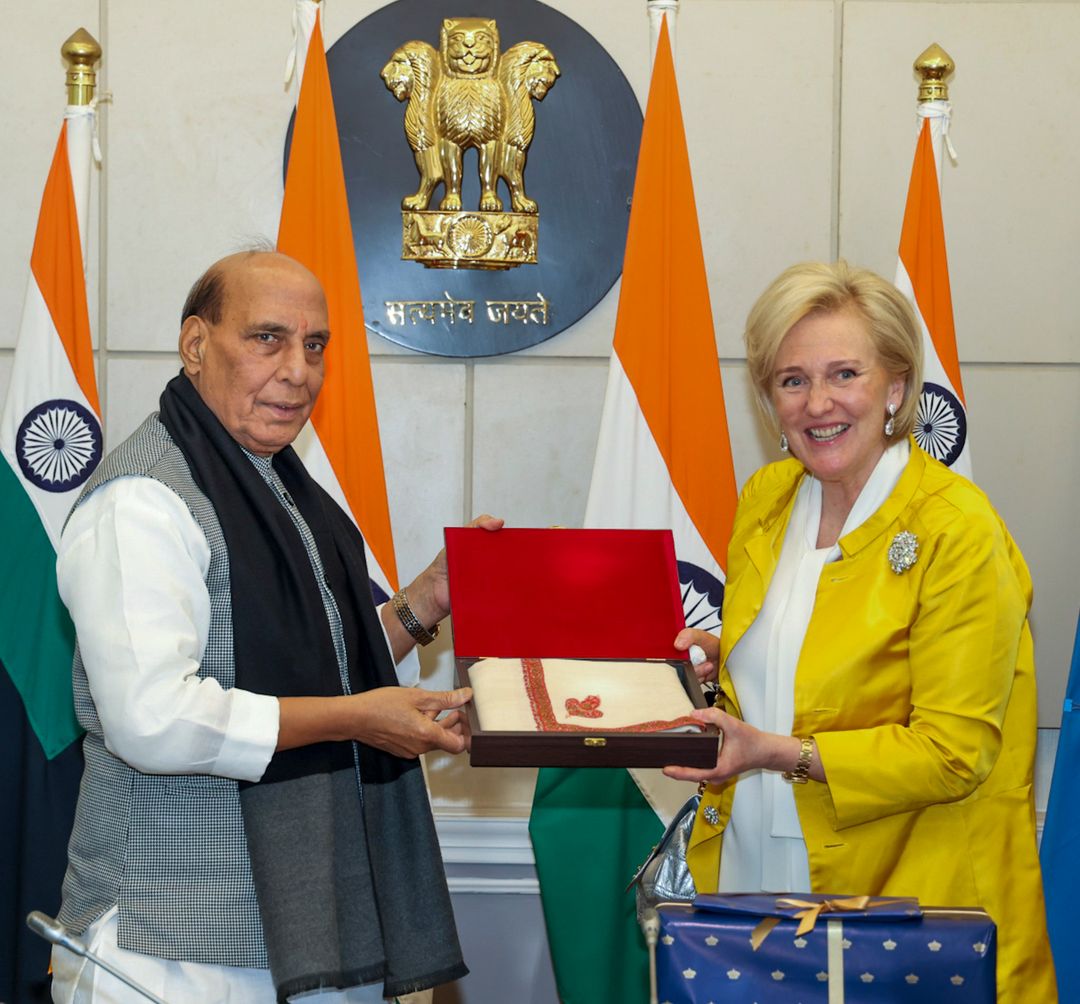New Delhi, Feb 4 (PTI) – The latest budget announcements by Finance Minister Nirmala Sitharaman aim to strengthen public-private collaboration and attract global investment in India’s infrastructure sector, according to industry leaders and experts.
During her budget speech on Saturday, Sitharaman outlined key initiatives, including a ₹1.5 lakh crore allocation in the form of 50-year interest-free loans to states for infrastructure development. Additionally, an asset monetization plan worth ₹10 lakh crore for 2025-30 was announced, targeting capital infusion into new projects. A ₹500 crore fund will also be dedicated to establishing a Centre of Excellence in Artificial Intelligence (AI) for education.
IRB Infrastructure Developers' Chairman & Managing Director Virendra D Mhaiskar highlighted that the ₹10 lakh crore asset monetization plan will create significant investment opportunities for the private sector. He further noted that the continuation of tax exemptions for sovereign wealth and pension funds signals India's intent to attract global capital into its growth trajectory.
BK Goenka, Chairman of Welspun World, said the budget tackles key issues impacting the ease of doing business, including import regulations, capital goods usage, and tariff streamlining, thereby supporting Micro, Small, and Medium Enterprises (MSMEs).
Texmaco’s Executive Director & Vice Chairman, Indrajit Mookerjee, noted that the increased capital allocation for railway infrastructure will enhance connectivity, improve freight efficiency, and boost multimodal logistics, all of which are key drivers of economic growth.
PwC India’s Mohammad Athar, Partner and Leader in Capital Projects and Infrastructure Development, highlighted the government’s record capital outlay of ₹11.21 lakh crore for infrastructure projects in the upcoming fiscal year. He pointed out that the development of tourism infrastructure across 50 destinations will stimulate regional growth and job creation, particularly in the tourism sector.
India Ratings & Research’s Director & Head of Infrastructure Group, Vishal Kotecha, said that while the government’s capital expenditure allocation has increased moderately, there is a greater emphasis on implementation through the PPP model. He cited key initiatives such as a three-year pipeline of projects, an annual monetization plan, and access to PM Gati Shakti Data as critical for ensuring investment flows and timely project execution.
Additionally, the ₹25,000 crore Maritime Development Fund is expected to enhance financial stability and competitiveness in shipbuilding and other maritime infrastructure projects, thus encouraging greater private sector participation.
During her budget speech on Saturday, Sitharaman outlined key initiatives, including a ₹1.5 lakh crore allocation in the form of 50-year interest-free loans to states for infrastructure development. Additionally, an asset monetization plan worth ₹10 lakh crore for 2025-30 was announced, targeting capital infusion into new projects. A ₹500 crore fund will also be dedicated to establishing a Centre of Excellence in Artificial Intelligence (AI) for education.
Industry Leaders Hail Budget’s Focus on Infrastructure
Rasmi Ranjan Ray, CEO of SUEZ India, described the budget as a "transformative move" aimed at infrastructure-led growth. The record allocation of interest-free loans is expected to accelerate critical infrastructure projects across the country.IRB Infrastructure Developers' Chairman & Managing Director Virendra D Mhaiskar highlighted that the ₹10 lakh crore asset monetization plan will create significant investment opportunities for the private sector. He further noted that the continuation of tax exemptions for sovereign wealth and pension funds signals India's intent to attract global capital into its growth trajectory.
BK Goenka, Chairman of Welspun World, said the budget tackles key issues impacting the ease of doing business, including import regulations, capital goods usage, and tariff streamlining, thereby supporting Micro, Small, and Medium Enterprises (MSMEs).
Public-Private Partnership (PPP) Model in Focus
Kavita Shirvaikar, Managing Director of Patel Engineering, emphasized the government’s commitment to the PPP model, which is poised to play a pivotal role in fast-tracking India’s infrastructure expansion. She stated that fostering public-private cooperation will drive sustainable economic growth and help India achieve its long-term development goals.Texmaco’s Executive Director & Vice Chairman, Indrajit Mookerjee, noted that the increased capital allocation for railway infrastructure will enhance connectivity, improve freight efficiency, and boost multimodal logistics, all of which are key drivers of economic growth.
PwC India’s Mohammad Athar, Partner and Leader in Capital Projects and Infrastructure Development, highlighted the government’s record capital outlay of ₹11.21 lakh crore for infrastructure projects in the upcoming fiscal year. He pointed out that the development of tourism infrastructure across 50 destinations will stimulate regional growth and job creation, particularly in the tourism sector.
Boost for Plumbing and Maritime Infrastructure
Gurmit Singh Arora, National President of the Indian Plumbing Association, welcomed the Jal Jeevan Mission’s expansion, which aims to extend potable water supply connectivity to 100 crore households. He linked this initiative to the broader growth of infrastructure and the modernization of plumbing practices in India.India Ratings & Research’s Director & Head of Infrastructure Group, Vishal Kotecha, said that while the government’s capital expenditure allocation has increased moderately, there is a greater emphasis on implementation through the PPP model. He cited key initiatives such as a three-year pipeline of projects, an annual monetization plan, and access to PM Gati Shakti Data as critical for ensuring investment flows and timely project execution.
Trade and Maritime Development Get a Financial Boost
DP World’s CEO and Managing Director for North Africa and India Subcontinent, Rizwan Soomar, commended the Bharat Trade Net initiative, which aims to simplify trade documentation and optimize supply chains using data-driven decision-making.Additionally, the ₹25,000 crore Maritime Development Fund is expected to enhance financial stability and competitiveness in shipbuilding and other maritime infrastructure projects, thus encouraging greater private sector participation.


